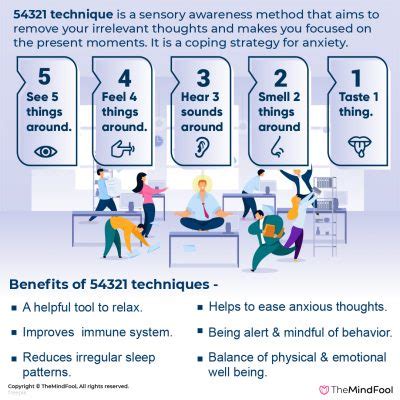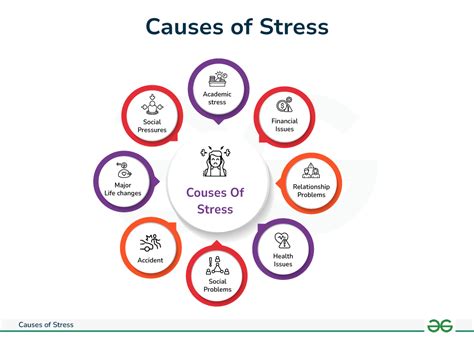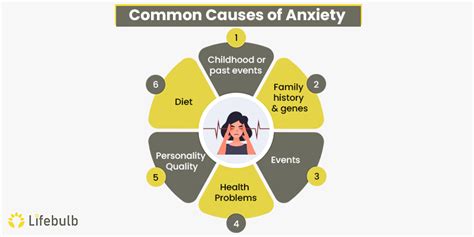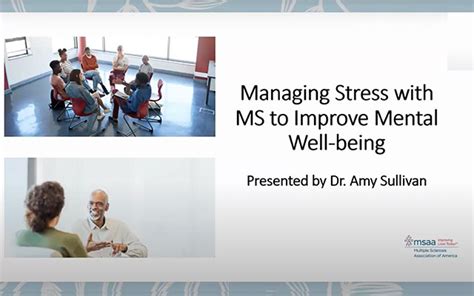Intro
Discover stress causes explained, including emotional triggers, physical factors, and environmental influences, to understand anxiety sources and manage stress symptoms effectively.
Stress is a natural part of life, and it can affect anyone, regardless of their background or circumstances. It's a feeling of emotional or mental tension that can be caused by a wide range of factors, including work, relationships, financial problems, and health concerns. When we experience stress, our body's "fight or flight" response is triggered, releasing stress hormones like adrenaline and cortisol into our system. These hormones prepare our body to either confront the threat or flee from it, causing a range of physical and emotional symptoms.
Stress can be acute or chronic, and it can have a significant impact on our overall health and wellbeing. Acute stress is short-term and can be caused by a specific event or situation, such as a job interview, a first date, or a public speaking engagement. Chronic stress, on the other hand, is long-term and can be caused by ongoing problems or situations, such as a stressful job, a difficult relationship, or a chronic health condition. Chronic stress can be particularly damaging, as it can lead to a range of negative effects on our physical and mental health, including anxiety, depression, and a weakened immune system.
Understanding the causes of stress is essential for managing and reducing its negative effects. By identifying the sources of stress in our lives, we can take steps to mitigate them and develop coping strategies to deal with stressful situations. This can involve making lifestyle changes, such as exercising regularly, eating a healthy diet, and getting enough sleep, as well as seeking support from friends, family, or mental health professionals. In this article, we'll explore the different causes of stress, including its physical, emotional, and psychological effects, and provide tips and strategies for managing stress and improving overall wellbeing.
Physical Causes of Stress

Other physical causes of stress can include chronic pain, illness, or injury, as well as certain medical conditions, such as hypothyroidism or diabetes. These conditions can cause ongoing stress and discomfort, making it harder to manage stress and maintain overall wellbeing. Additionally, certain medications, such as those used to treat depression or anxiety, can also contribute to stress and anxiety.
Common Physical Causes of Stress
Some common physical causes of stress include: * Poor diet and nutrition * Lack of exercise and physical activity * Inadequate sleep and rest * Chronic pain or illness * Certain medical conditions, such as hypothyroidism or diabetes * Certain medications, such as those used to treat depression or anxietyEmotional Causes of Stress

Emotional causes of stress can also include traumatic events, such as the loss of a loved one, a divorce, or a serious accident. These events can cause ongoing emotional pain and distress, making it harder to manage stress and maintain overall wellbeing. Additionally, emotional causes of stress can include ongoing problems or situations, such as a stressful job, a difficult relationship, or a chronic health condition.
Common Emotional Causes of Stress
Some common emotional causes of stress include: * Relationship problems, such as a divorce or a difficult partner * Work-related stress, such as a stressful job or a toxic work environment * Financial problems, such as debt or a lack of financial security * Traumatic events, such as the loss of a loved one or a serious accident * Ongoing problems or situations, such as a chronic health condition or a difficult living situationPsychological Causes of Stress

Psychological causes of stress can also include mental health conditions, such as anxiety or depression, as well as certain personality traits, such as perfectionism or a lack of self-esteem. These conditions and traits can make it harder to manage stress and maintain overall wellbeing, and can increase the risk of developing chronic stress and anxiety.
Common Psychological Causes of Stress
Some common psychological causes of stress include: * Mental health conditions, such as anxiety or depression * Certain personality traits, such as perfectionism or a lack of self-esteem * Negative thought patterns, such as catastrophic thinking or rumination * Poor coping mechanisms, such as avoidance or substance abuse * Traumatic events, such as a history of abuse or neglectManaging Stress and Improving Wellbeing

Additionally, making lifestyle changes, such as eating a healthy diet, getting enough sleep, and avoiding substances like caffeine and nicotine, can also help to manage stress and improve overall wellbeing. By taking a holistic approach to managing stress and improving wellbeing, we can reduce the negative effects of stress and improve our overall quality of life.
Tips for Managing Stress and Improving Wellbeing
Some tips for managing stress and improving wellbeing include: * Prioritizing self-care and making time for activities that bring joy and fulfillment * Setting realistic goals and avoiding perfectionism * Practicing mindfulness and relaxation techniques, such as meditation or deep breathing * Seeking support from others, such as friends, family, or a therapist * Engaging in regular exercise and physical activity, such as walking or yogaWhat are the most common causes of stress?
+The most common causes of stress include work-related stress, financial problems, relationship problems, and health concerns. Additionally, traumatic events, such as the loss of a loved one or a serious accident, can also cause significant stress and anxiety.
How can I manage stress and improve my wellbeing?
+Managing stress and improving wellbeing requires a range of strategies and techniques, including lifestyle changes, stress management techniques, and seeking support from others. Some effective ways to manage stress include exercise, mindfulness, and relaxation techniques, as well as seeking support from friends, family, or a therapist.
What are the physical and emotional symptoms of stress?
+The physical and emotional symptoms of stress can include anxiety, depression, headaches, fatigue, and a weakened immune system. Additionally, stress can also cause changes in appetite, sleep patterns, and mood, as well as increased blood pressure and heart rate.
In
Final Thoughts

